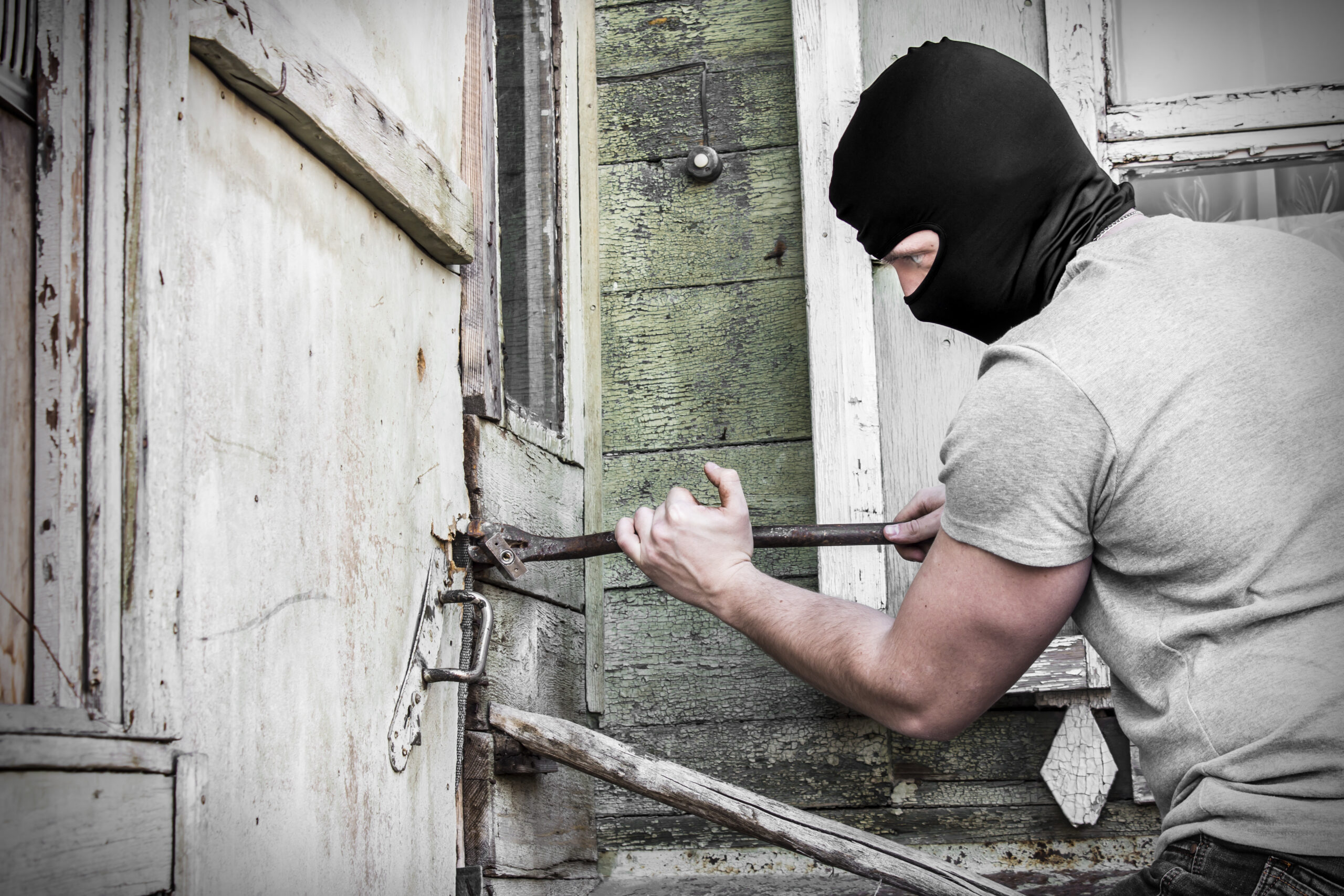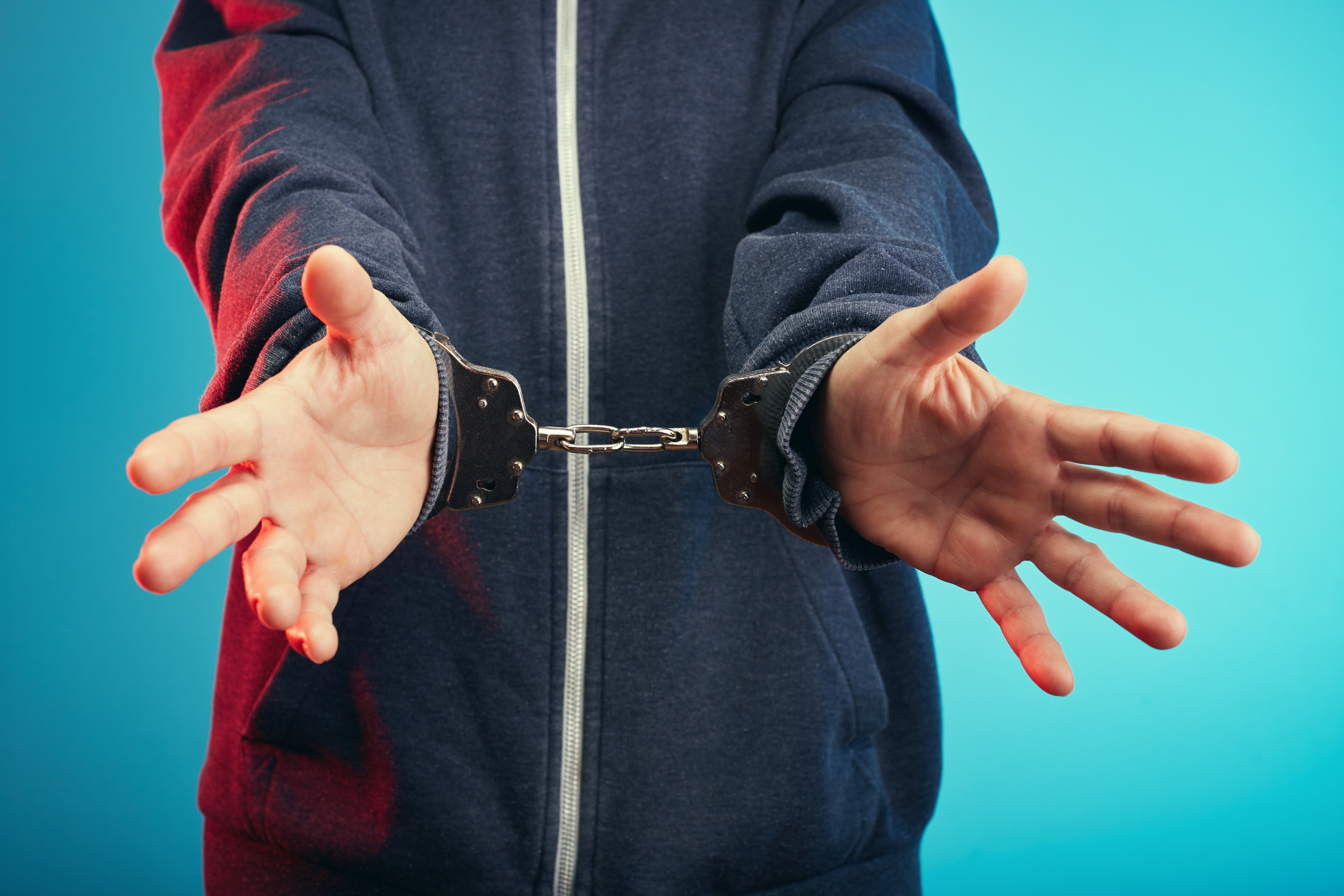6 Criminal Defense Strategies for Dealing With False Accusations
When someone accuses you of a crime you didn’t commit, it’s important to have a strong criminal defense. Allegations of sexual assault, drug crimes, theft, and other criminal activity can have a life-changing impact, and getting ahead of these accusations as quickly as possible can help mitigate those outcomes. If you’re being charged with a crime based on false accusations, our team of criminal defense attorneys can help you understand your options and successfully challenge those allegations.
1. Expose Inconsistencies in Their Story
One way to challenge false criminal allegations is to demonstrate why the accuser’s story is not what actually happened. When the accuser discusses the same story multiple times, there are often inconsistencies or contradictions. Additionally, if other witnesses were present, that witness may also contradict your accuser’s account. Finally,our firm has a successful track record of using objective evidence, including evidence from digital devices, text messages, prior police reports, and other sources to demonstrate that the allegations are false. Our firm often retains leading experts who analyze data from cell phone extractions, texts, and other digital evidence to dispositively prove that what the accuser claimed happened did not actually happen. In many cases, this type of “objective” cell phone or text evidence undermines the government’s entire case.
2. Demonstrate a Pattern of False Accusations
In some cases, when individuals falsely accuse one person they have a history of similar false allegations. Documentation of this pattern of false allegations can be contained in police reports. Our firm commonly uses open records request to find that information. More commonly, if we know about the specific facts surrounding the prior false allegation, our firm uses a highly experienced private investigator to document information from witnesses to demonstrate the prior false allegation. Sometimes, when there is a reason very specific to the person for falsely accusing another of a crime, that evidence can be used at trial as modus operandi evidence to demonstrate that the accuser has a pattern of behavior that motivates him or her to falsely accuse others of a crime. Under Wisconsin law, modus operandi evidence can be used at trial when the behavior is “strikingly similar” from one event to the other. State v. Ziebart, 2003 WI App 258, ¶¶3-8; 21; 24; 20, 268 Wis. 2d 468, 482, 673 N.W.2d 369, 376 (citing with approval the Iowa Supreme Court’s holding in State v. Plaster,424 N.W.2d 226 (Iowa 1988).
3. Show the Person Has a Motivation to Lie
There are a number of common reasons why individuals falsely accuse another person of a crime. Those include: financial gain, emotional gain, and mental health symptoms among a number of other reasons that have been documented by psychologists and research scientists. In Wisconsin, courts allow defendants to explain to juries their “theory of defense” that explains the motive or reasons why the accuser may be falsely accusing the person accused of a crime. State v. Johnson, 184 Wis. 2d 324, 338–41, 516 N.W.2d 463, 467–68 (Ct. App. 1994). Our law firm has hired experts from across the country to study the psychological motives that cause a particular accuser to lie and explain to a jury why that motivation has been demonstrated in other cases to be the cause of false criminal allegations. In many cases, experts are not needed to help demonstrate motive because text messages, witness testimony, and circumstantial evidence such as a child placement dispute, a bad breakup, or a financial dispute point clearly to a powerful reason why the accuser has motivation to falsely accuse you of a crime you did not commit.
4. Illustrate the Person Has an Inherent and Relative Bias
Similar to motive, Wisconsin law allows you to demonstrate your accuser’s potential bias. Refer to WIS-JI Criminal 300; see also Wis.Stat. § 906.16 (“For the purpose of attacking the credibility of a witness, evidence of bias, prejudice, or interest of the witness for or against any party to the case is admissible”); U.S. v. Abel, 469 U.S. 45, 52 (1984). Bias means any reason that could cause a witness to potentially like or dislike you and therefore slant their testimony for or against you. In this context, a witness’ negative bias, or prejudice, against you can be demonstrated through different types of evidence: negative text messages, negative comments on social media, being part of a group that is in conflict with a group that you belong to, and so forth. Each case requires our team of attorneys to evaluate the type of bias and evidence that demonstrates that bias.
5. Use Evidence to Prove Their Story Wrong
One of the most powerful ways to demonstrate that your accuser has falsely accused you of a crime you didn’t commit is to identify objective evidence such as text messages, cell phone records, social media records, video evidence, GPS evidence that demonstrates your accuser’s account could not have happened.
6. Demonstrate a Lack of Credibility on the Part of the Accuser
Wisconsin law provides a number ways the jury should “scrutinize” the credibility of witness statements: by evaluating the “bias,” “motive” and seven other factors that go to the heart of a witnesses’ credibility, or lack of credibility. Credibility means the believability of the witnesses’ statement. Our firm has a track record of successfully identifying and targeting evidence that demonstrates when a witness lacks credibility. In some cases, a witness’ memory may be the basis for a wrongful allegation. That is because the memory of witnesses have been demonstrated by science to be inaccurate more often than the general public believes. Refer to Simons DJ, Chabris CF. What people believe about how memory works: a representative survey of the U.S. population. PLoS One. 2011;6(8):e22757. doi: 10.1371/journal.pone.0022757. Epub 2011 Aug 3. PMID: 21826204; PMCID: PMC3149610.
Work With a Defense Attorney if You Are Accused of a Crime
If you are accused of a crime, you need to be proactive and hire an excellent criminal defense lawyer because evidence, including surveillance video recordings, may quickly dissipate. Our team of experienced criminal defense attorneys have a track record of consistently winning cases involving false allegations. In fact, Attorney Mehlos successfully released a client from prison while working in the Wisconsin Innocence Project and in 2023 was recognized by The National Registry of Exonerations for acquitting a client of all charges at a second trial after the client was found guilty of four serious crimes at the first trial based on a false allegation. Forming an effective strategy as soon as possible with our team of experienced and highly skilled criminal defense attorneys at you will allow you to develop a tailored defense strategy against false allegations.
If you or a loved one has been accused of a crime, don’t wait until your first court date or
beyond to begin building a tailored defense strategy. Contact Casper Mehlos Law Group as soon as possible. You can reach our team to make an appointment and find out how we can help by calling 608-820-8926.

 (608) 820-8926
(608) 820-8926 Call Us Now
Call Us Now Email Us Now
Email Us Now


